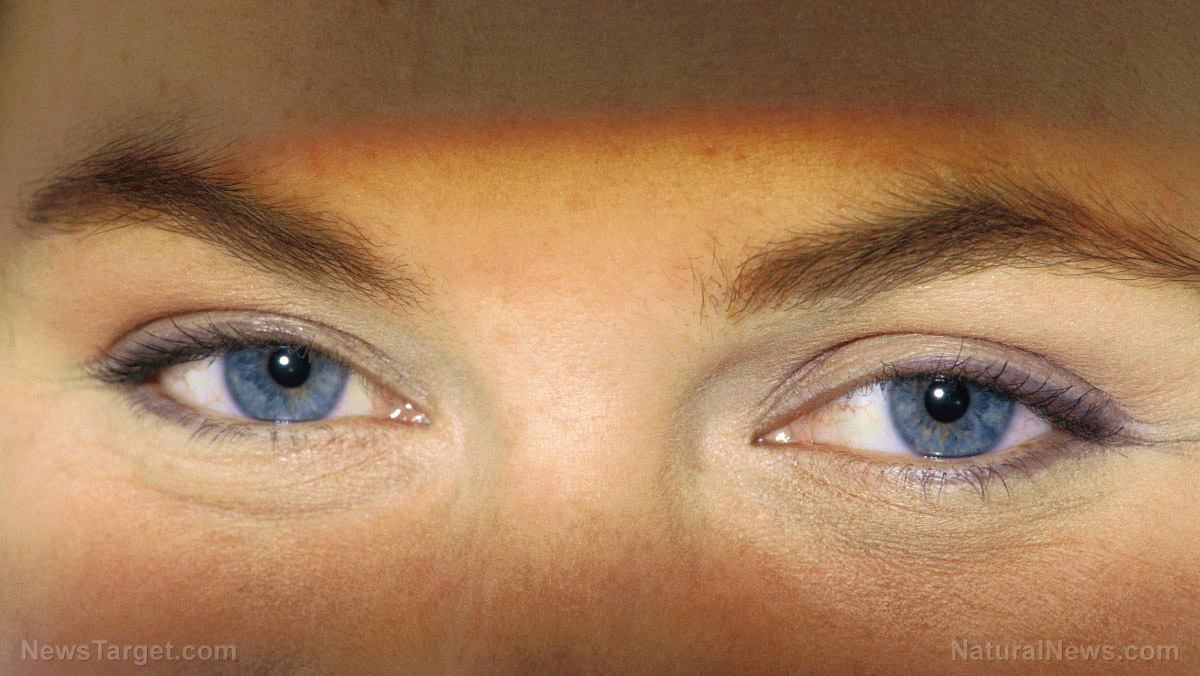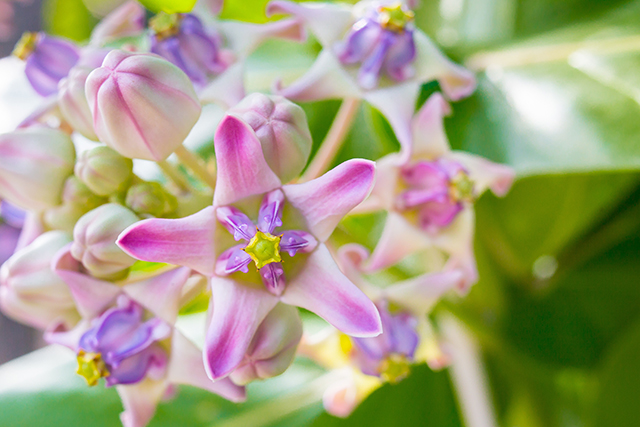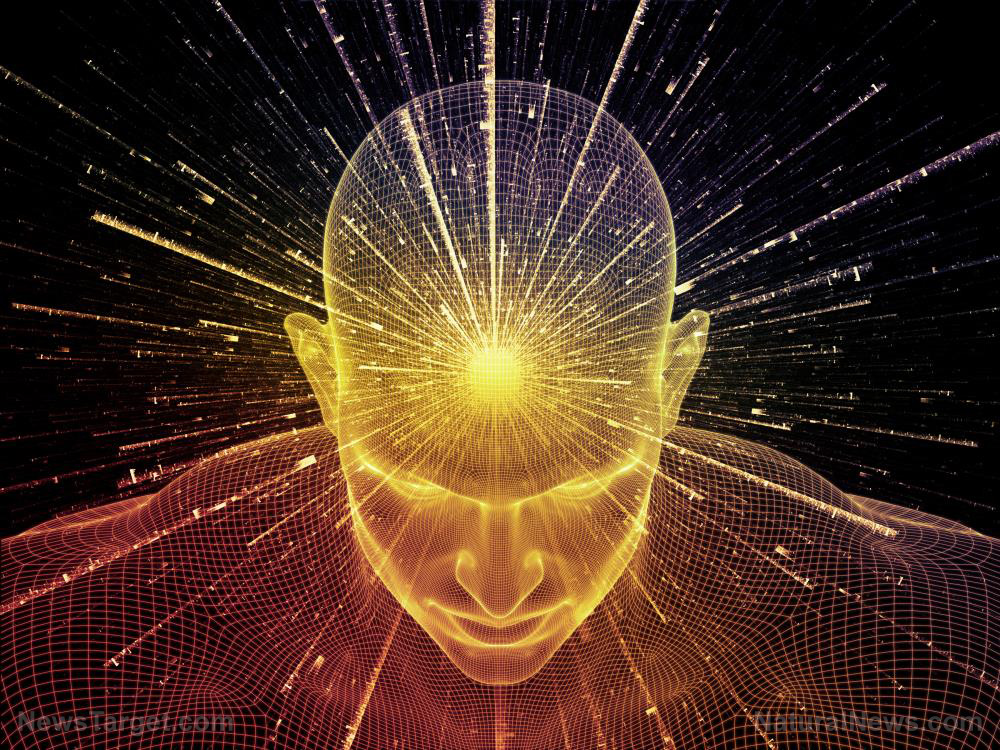Are “magic mushrooms” beneficial for mental health therapy?
10/27/2019 / By Evangelyn Rodriguez

Magic mushrooms are fungi that contain an active compound called psilocybin. The compound is a potent hallucinogen and is known to affect the part of the brain responsible for mood, cognition, and perception. Researchers are looking at the effects of psilocybin on mental health and its potential to address various mental health conditions.
Magic mushrooms and psilocybin
Magic mushrooms or “shrooms” are wild mushrooms that can be found in different parts of the world. Most of these psilocybin sources belong to the genus Psilocybe, and are often described as little brown mushrooms with gills. The most common source of psilocybin is P. cubensis, whose principal active compounds also include another psychedelic compound called psilocin.
Magic mushrooms can be taken in different ways. They can be eaten fresh or dried, or made into tea. Researchers have identified almost 200 different species of magic mushrooms, and each contains varying quantities of psilocybin. Currently, psilocybin is being studied as a potential treatment for depression and has been given a breakthrough therapy designation by the U.S. Food and Drug Administration. However, it still remains a Schedule I controlled substance.
According to studies, psilocybin exerts its effects by activating serotonin receptors. These receptors are located in the prefrontal cortex, which is responsible for a variety of complex behaviors and personality development. Despite being considered a hallucinogen, psilocybin doesn’t always cause it. Psilocybin sometimes distorts a person’s perception of things in his environment, and its effects can be influenced by expectations, past experiences, and dosage.
Can magic mushrooms be used for mental health therapy?
In an interview from the website Healthline.com, Matthew Johnson, an associate professor at Johns Hopkins University who has been studying psilocybin for years, said that the active compound in magic mushrooms might benefit people with different health conditions. (Related: Magic mushrooms are safest recreational drug, according to new study.)
According to Johnson, people mistakenly believe that psilocybin is an addictive drug. But in reality, it is not. Psilocybin doesn’t induce the same euphoria and dopamine response as drugs of addiction. However, it doesn’t mean that it can’t be abused. Psychedelics like magic mushrooms can be used in ways that can harm their users or other people.
When asked about his research, Johnson described how psilocybin has a higher success rate than nicotine replacement when it comes to helping people quit smoking. Even one year after quitting, 67 percent of the participants in Johnson’s study were still biologically confirmed smoke-free. Johnson said psilocybin is substantially better than the best medication prescribed to adults to help them stop smoking.
Johnson also showed optimism when asked about how the results of his sessions, which compared psilocybin treatment and cognitive behavioral therapy. According to him, before psilocybin was banned, thousands of patients have benefited from the use of this psychedelic. The only cases with reported long-lasting psychiatric harm were those of schizophrenics or people who think they have a predisposition for that mental illness.
Johnson expressed hope that psilocybin can one day be approved for the treatment of a variety of medical conditions. He believes that psilocybin has the potential to transform psychiatry, and its likely application as a treatment for depression and addiction points to the possibility of different disorders sharing more similarities than previously thought.
However, Johnson emphasized that there are risks to using psilocybin, so he discourages people from using it outside of a legal and approved medical framework.
Sources include:
Tagged Under: addictive drugs, alternative medicine, beatdepression, brain function, brain health, cognitive function, cognitive health, depression, food cures, food is medicine, functional food, hallucinations, hallucinogens, Mental Disorders, mental health, mental health therapy, natural cures, natural medicine, Naturopathy, perception, plant medicine, psilocin, Psilocybe mushrooms, psilocybin, psychedelics, psychiatry, sensory disturbances, shrooms, stopsmoking
RECENT NEWS & ARTICLES
BrainFunction.News is a fact-based public education website published by Brain Function News Features, LLC.
All content copyright © 2018 by Brain Function News Features, LLC.
Contact Us with Tips or Corrections
All trademarks, registered trademarks and servicemarks mentioned on this site are the property of their respective owners.


















